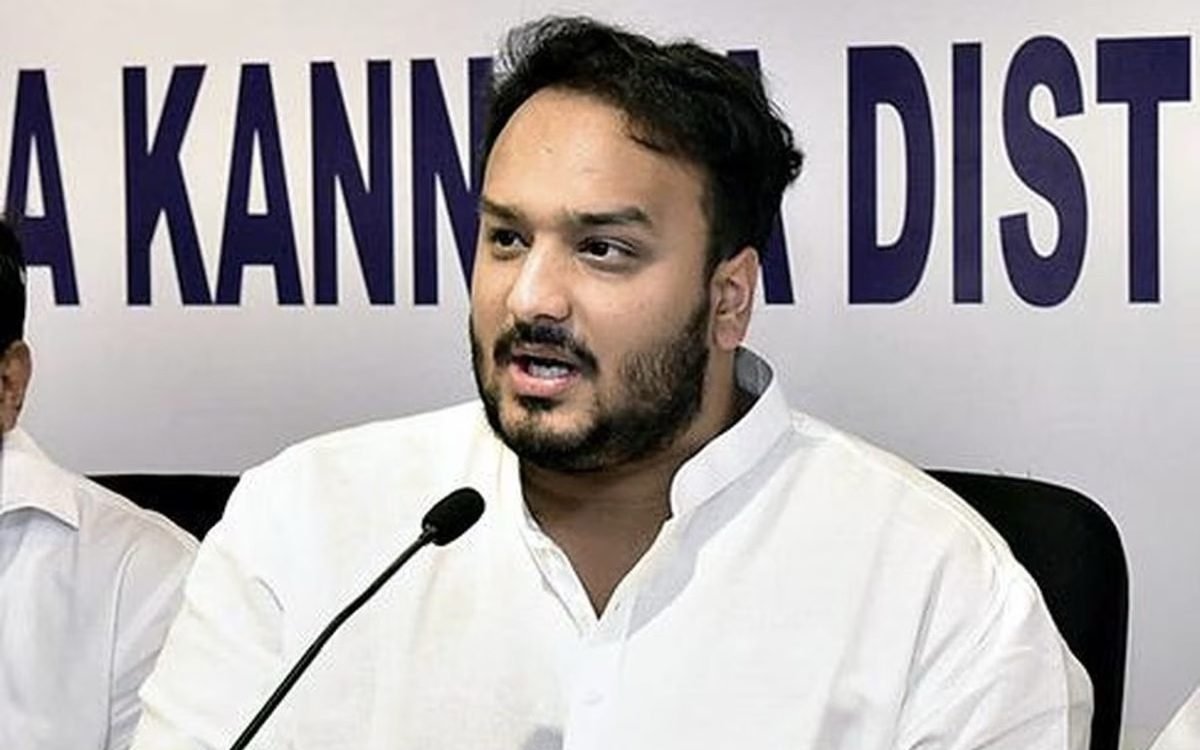Zeeshan Siddique, a Congress MLA representing the Vandre East (Bandra East) constituency, recently found himself at the center of a political storm following his removal as president of the Mumbai Youth Congress. His allegations of “rampant communalism” within the party’s ranks have sparked debates and raised pertinent questions about the Congress party’s stance on minority representation and inclusivity.
In a scathing indictment, Siddique accused the Congress of merely paying lip service to the cause of protecting and supporting Muslims, highlighting a glaring disparity between rhetoric and action. Despite Mumbai boasting prominent Muslim leaders within the Congress, including his own father, Baba Siddique, Zeeshan lamented the absence of Muslim leadership at the helm of the Mumbai Congress.
Siddique’s removal from his position as Mumbai Youth Congress president, following his father’s defection to the ruling Nationalist Congress Party (NCP), further exacerbated tensions within the party. He denounced what he perceived as double standards, questioning the lack of official communication regarding his dismissal despite receiving assurances of support from senior party leaders.
The disillusionment expressed by Siddique underscores deeper issues of discrimination and marginalization faced by Muslim leaders within the political landscape. His assertion that Muslim leaders are subjected to prolonged waits and overlooked for key positions raises troubling questions about systemic biases and prejudices embedded within political structures.
Siddique’s plight reflects broader challenges faced by minority communities in navigating political spaces that often prioritize expedience over principles of equity and justice. His introspective query—”Are we discriminated against because we are Muslims?”—resonates with individuals grappling with entrenched inequities and systemic injustices.
The saga of Zeeshan Siddique serves as a sobering reminder of the complexities inherent in political dynamics and the imperative of genuine inclusivity in fostering a truly representative democracy. As Siddique contemplates his political future amid growing disenchantment, his experience underscores the pressing need for introspection and reform within political institutions.
While Siddique’s journey with the Congress remains uncertain, his courageous stance amplifies voices advocating for equity, transparency, and accountability within the political sphere. His narrative encapsulates the challenges and aspirations of marginalized communities striving for recognition and empowerment within the corridors of power.
As Zeeshan Siddique confronts the ramifications of his tumultuous tenure within the Mumbai Youth Congress, his story serves as a poignant testament to the enduring struggle for justice and equality in the face of entrenched prejudices and systemic barriers. It is a clarion call for introspection and reform, urging political entities to uphold the principles of inclusivity and representation in the pursuit of a more equitable society.









